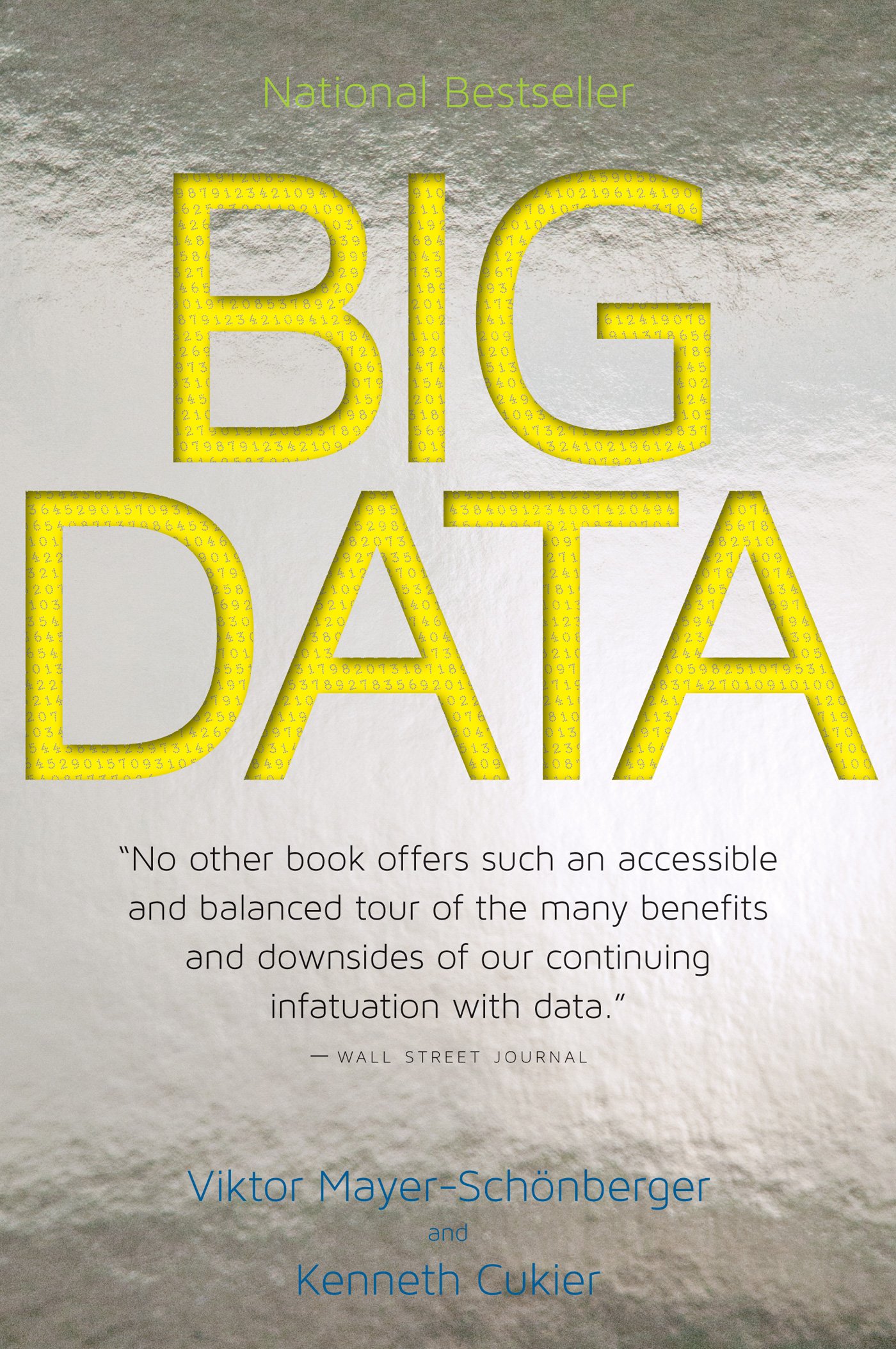We buy air tickets online, connect with friends on Facebook, comment on politics through Twitter and make purchases on the internet. On the corporate front, Apple bought Topsy Labs, a company that analyzes consumer sentiments on Twitter to help the giant improve its search tool and advertisement services. There are other companies that are collecting data in large amounts which was not possible in the past. And there are still other companies who are equipped in analyzing this vast data. A third category of companies are the ‘ideas’ kind that think of new uses of data all the time. This forms the backdrop of a fascinating new book, “Big Data” by Viktor Mayer-Schonberger.
Big data, according to Wikipedia, is the term used for a collection of data sets so large and complex that it becomes difficult to process using on-hand database management tools or traditional data processing applications. The authors make a compelling case that in the new era of big data, decisions would incorporate this information. People would accept that it would be more important to find out ‘what’ than ‘why’. Data would be messy and we will be happy to sacrifice exactitude as long as we collect all data. This data can then be correlated to develop unique understanding.
The authors are experts in this field. Viktor Mayer-Schonberger is a Professor of Internet Governance and Regulation at the Oxford Internet Institute. He conducts research into the network economy. Kenneth Cukier is the Data Editor of the Economist. He is the newspaper’s technology correspondent focusing on innovation, intellectual property and internet governance.
While the opportunities are unlimited with access to big data, there are reasons to be cautious. ‘Big Brother’ will be able to predict who may be more probable to commit a crime. Our lives may be under constant surveillance. Companies may be enamored by the charms of data, sacrificing human creativity in the process. One of the better recommendations “Big Data” by Viktor Mayer-Schonberger offers include an audit of data conducted by ‘algorithmists’, similar to accountants or tax auditors, to avoid ‘garbage in garbage out’.


